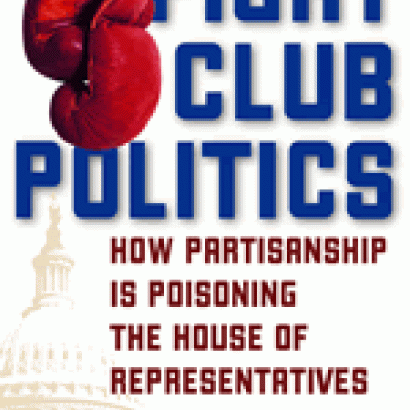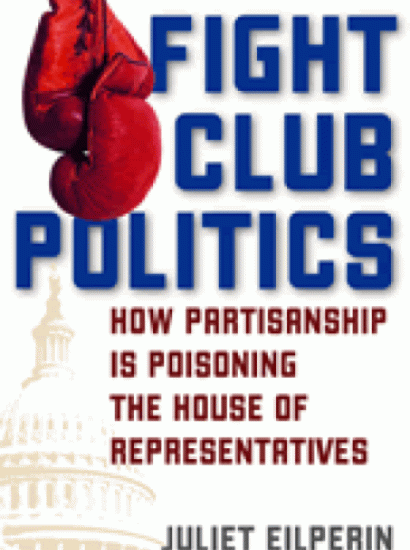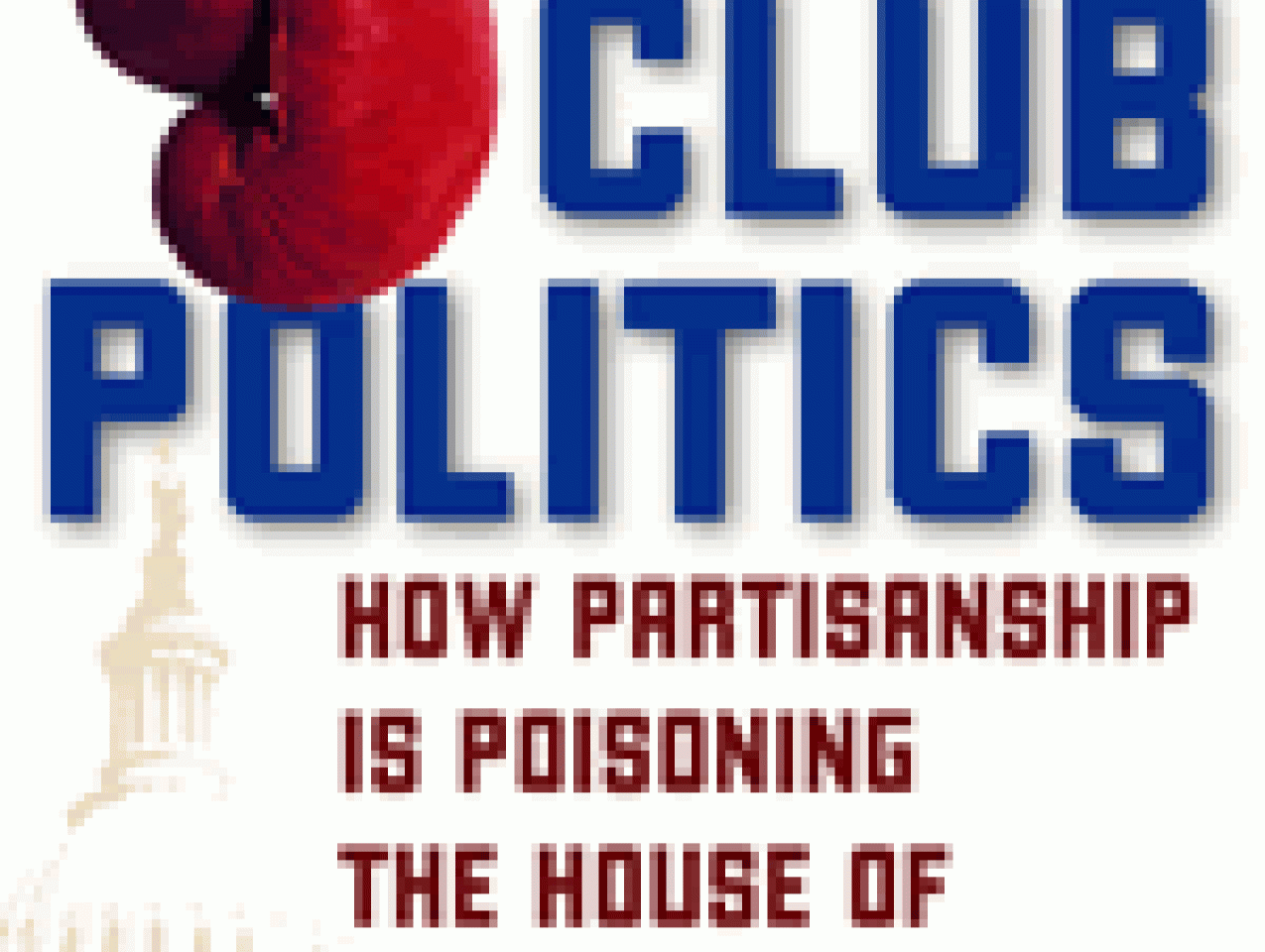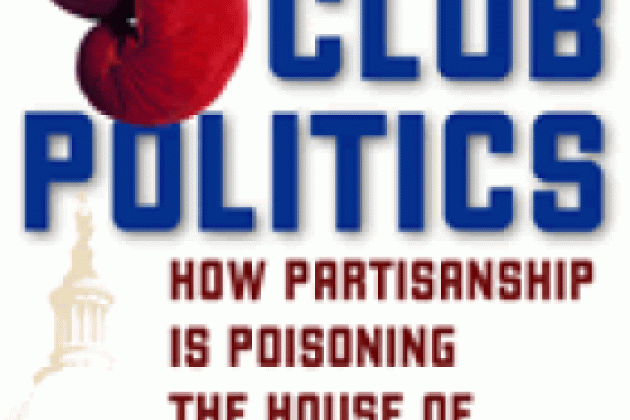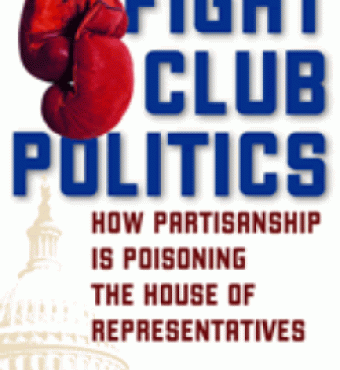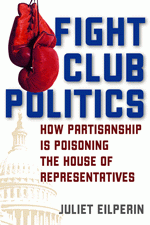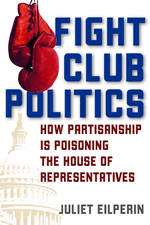
This is the story of how the House of Representatives became the House of Unrepresentatives. In Fight Club Politics: How Partisanship is Poisoning the House of Representatives (Rowman and Littlefield and Hoover Studies, 2006), Juliet Eilperin, a Washington, D.C., native and Washington Post reporter since 1998, examines the partisan approach that has come to define the inner workings of Congress and the detrimental effect it has had on the country.
Beginning with the Republican takeover of the House of Representatives under Newt Gingrich's leadership, Eilperin details the reforms, both successful and failed, that the Republicans have instituted.
As a reporter covering the House from 1994 to 2004—first for the States News Service and for Roll Call newspaper before joining the Washington Post—Eilperin says, "I saw firsthand how Republican revolutionaries worked to solidify their control and dismantle institutions that promoted compromise, even as they took steps to reform Congress. And I witnessed how Democrats responded in kind, becoming more partisan and wedded to interest groups that drove the two parties further apart."
Eilperin cites a variety of factors—including more-sophisticated political mapping techniques, House rules that have curtailed dissent, and more powerful party leaders—that have fostered this national divide. Lawmakers are less accountable to the public and more beholden to their parties, Eilperin believes. In her book she shows how the United States has come to a point where average Americans have little to say about what happens in the House and what they can do about it.
Fight Club Politics is part of a series of books titled Hoover Studies in Politics, Economics, and Society edited by Hoover research fellows Peter Berkowitz and Tod Lindberg and published in cooperation with the Hoover Institution.
Fight Club Politics: How Partisanship is Poisoning the House of Representatives
by Juliet Eilperin
ISBN: 0-7425-5118-0 $19.95 cloth
176 pages March 2006







